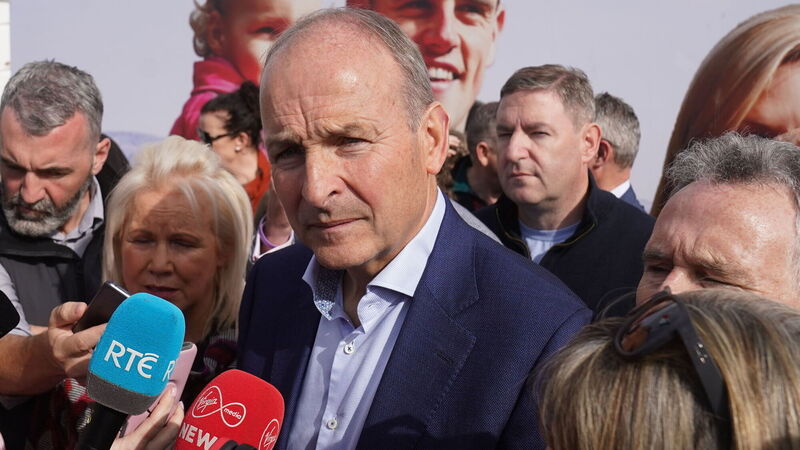Tadgh McNally: As a means of gauging the lay of the land, The Ploughing is hard to beat

Tánaiste Micheál Martin made sure to travel to the National Ploughing Championships this week after returning from his trip in New York, where he spoke at the United Nations General Assembly. Picture: Brian Lawless/PA
















